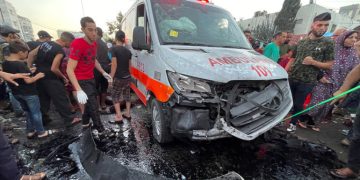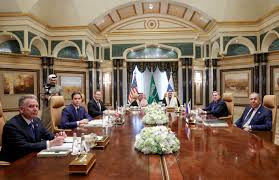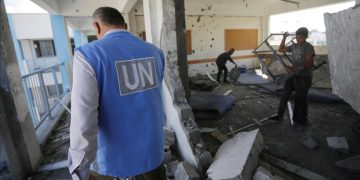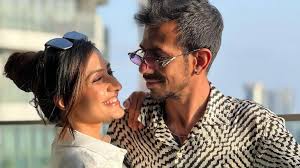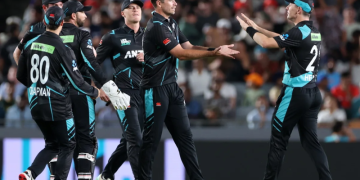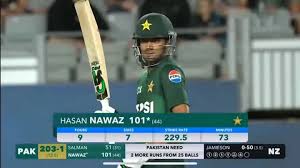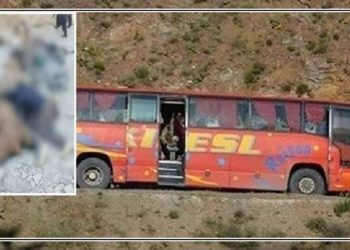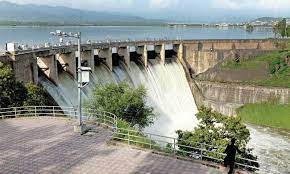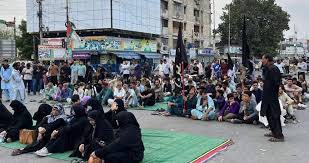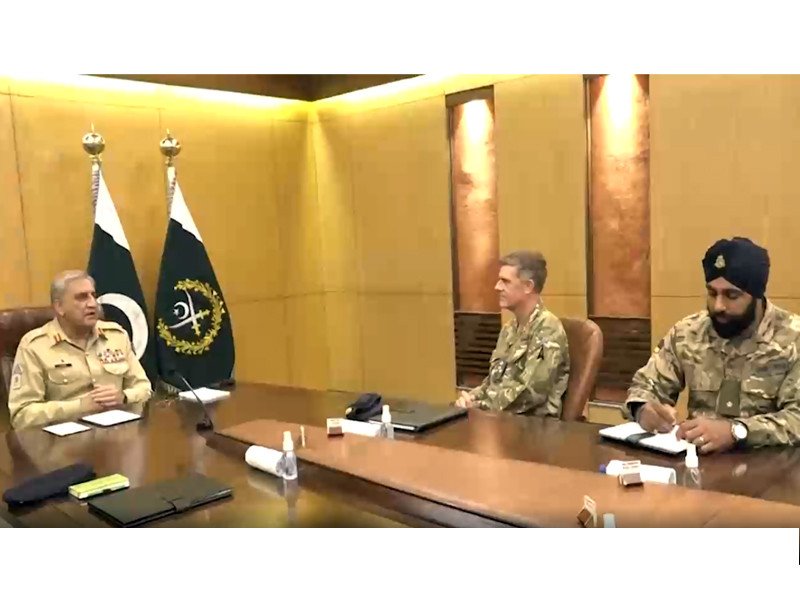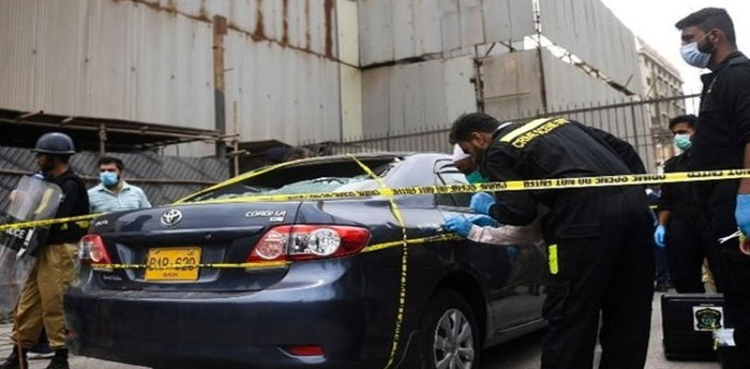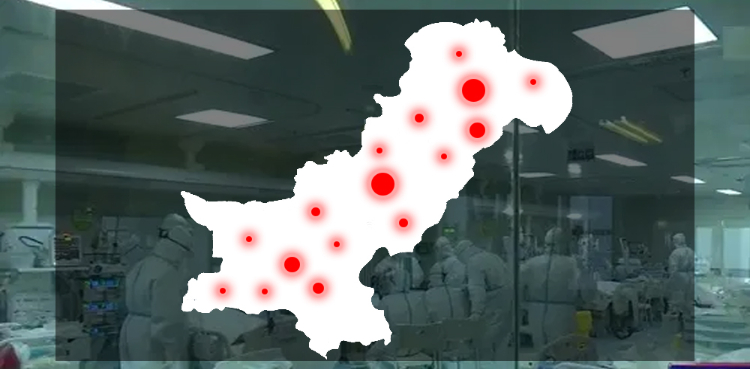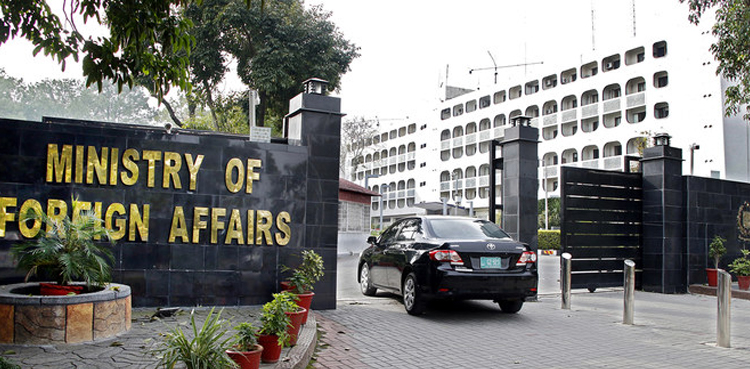India has become increasingly intolerant towards religious minorities, especially the Muslim community, according to a new report.
The South Asia State of Minorities Report 2020 noted that the general public has come under attack from federal and state governments for criticizing the administration and institutions.
The report looks at the status of access to personal liberties, especially among minorities, in Afghanistan, Bangladesh, Bhutan, India, Nepal, Pakistan and Sri Lanka.
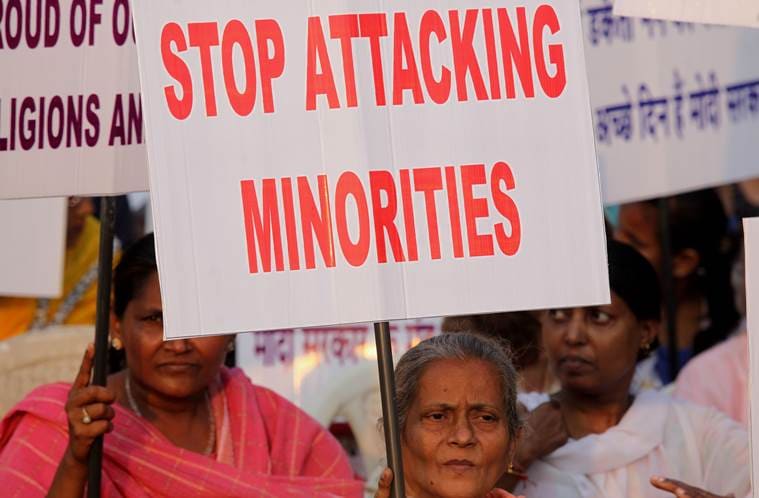
“It is true that we minorities are facing the onslaught of the Narendra Modi government very systematically. As a matter of fact, they have started framing laws that are against the spirit of secularism, democracy and the republic,” A.C. Michael, national coordinator of the United Christian Forum, told UCA News.
“Have you ever heard of a case anywhere in the world where two adults are stopped from getting married by the police? This is what is happening in Uttar Pradesh these days. The Uttar Pradesh police have filed almost two dozen first instance reports against interfaith marriages specifically targeting Muslims.
“Spreading hatred against minorities has become like a fashion for ruling party politicians to remain in power and acquire more. If they continue to succeed in tricking ordinary citizens and win elections, this trend of violence against minorities is going to continue.”

According to the report, “hate crimes against minorities have seen a spike — taking the form of mob lynching and vigilante violence against Muslims, Christians, and Dalits.”
The report said the pro-Hindu Bharatiya Janata Party (BJP) has “unveiled a new and now frontal attack on religious minorities. The persecution towards minorities had a chilling effect on civic space for Muslims and their organizations.”
The BJP has strengthened and expanded a series of discriminatory laws and measures that target religious minorities that include anti-conversion laws, social exclusion and violence against Christians, Muslims and other religious minorities.
The report also said that “laws ostensibly meant for the protection of cows continue to provide institutional backing for similar campaigns against Muslims and Dalits.”
In 2019, the federal government passed the controversial Citizenship Amendment Act (CAA), which allowed it to grant citizenship to migrants from Afghanistan, Bangladesh and Pakistan who are Hindu, Sikh, Buddhist, Jain, Parsi or Christian and had arrived by December 2014. However, the CAA was not extended to Muslims from the three Muslim-majority countries.
Mandated by the US Congress, the ‘2019 International Religious Freedom Report’ also documents major instances of the violation of religious freedom across the world was released by Secretary of State Mike Pompeo at the State Department.
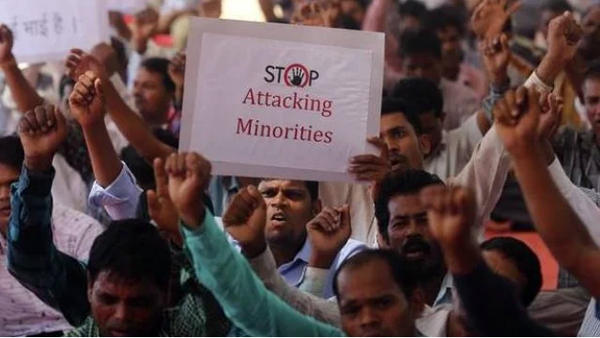
India previously rejected the US religious freedom report, saying it sees no locus standi for a foreign government to pronounce on the state of its citizens’ constitutionally protected rights.
In October, the Ambassador at Large for International Religious Freedom, in meetings with senior government officials, raised concerns over violence and discrimination against religious and ethnic minorities, including communal violence, the report said.
The report refers to the revocation of the special status of Jammu and Kashmir last August and the parliament passage of the Citizenship Amendment Act (CAA) in December as major highlights for India last year.
India has categorically told the international community that the scrapping of Article 370 was its internal matter.
RSS-BJP and Modi
India’s prime minister Narendra Modi is an avatar of Rashtriya Swayamsewak Sangh’s founder Keshav Baliram Hedgewar, who founded RSS on 27 September 1925. Five people were present at the inaugural meeting, Hedgewar, Moonje, Veer Savarkar’s brother Ganesh Damodar Savarkar, L.V. Paranjpe and B.B. Tholkar.
With the rise of the Bharatiya Janata Party, Hedgewar now commands formidable respect with the Hindu majority and terrified minorities. Recently even some Congress leaders, including Pranab Mukherjee visited Hedgewar’s grave and paid him rich tributes.
C.P. Bhishikar’s biography of Hedgewar, Keshav Sanghnirmata tells how RSS founder equated Muslims to “yavana” snakes. Rakesh Sinha, BJP’s Rajya Sabha MP and Hedgewar’s biographer, said, “Hedgewar formed RSS in order to consolidate the Hindus. He wanted to liberate them from restrictions imposed by the protracted Mughal-British rule.
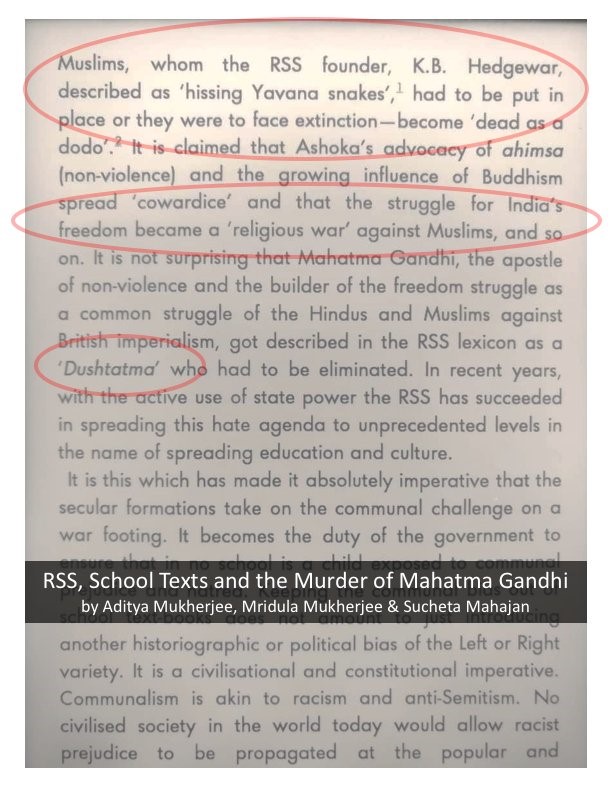
Driving force for Hedgewar to form RSS was Vinayak Damodar (Veer) Savarkar’s ideas on Hindutva and motherland. Savarkar had spelled out that only those who considered India as their fatherland and a holy land could be considered patriots. He ruled out Muslims, suggesting that their patriotism should always be suspected.
RSS which beats people up to demand that they say ‘Bharat Mata Ki Jai”, actually prefers the term “Hindu” to “Bhartiya,”. It thinks they are doing Muslims a favor by “letting” them call themselves “Bhartiya”!
In a work that expressed admiration for Nazi Germany’s purge of Jews, Golwalkar wrote in 1939, “… the foreign races in Hindusthan must either adopt the Hindu culture and language, must learn to respect and hold in reverence Hindu religion, must entertain no idea but those of the glorification of the Hindu race and culture, i.e., of the Hindu nation and must lose their separate existence to merge in the Hindu race, or may stay in the country, wholly subordinated to the Hindu Nation, claiming nothing, deserving no privileges, far less any preferential treatment not even citizen’s rights.” (MS Golwalkar, We Or Our Nationhood Defined, Bharat Prakashan, 1939, 104-105).
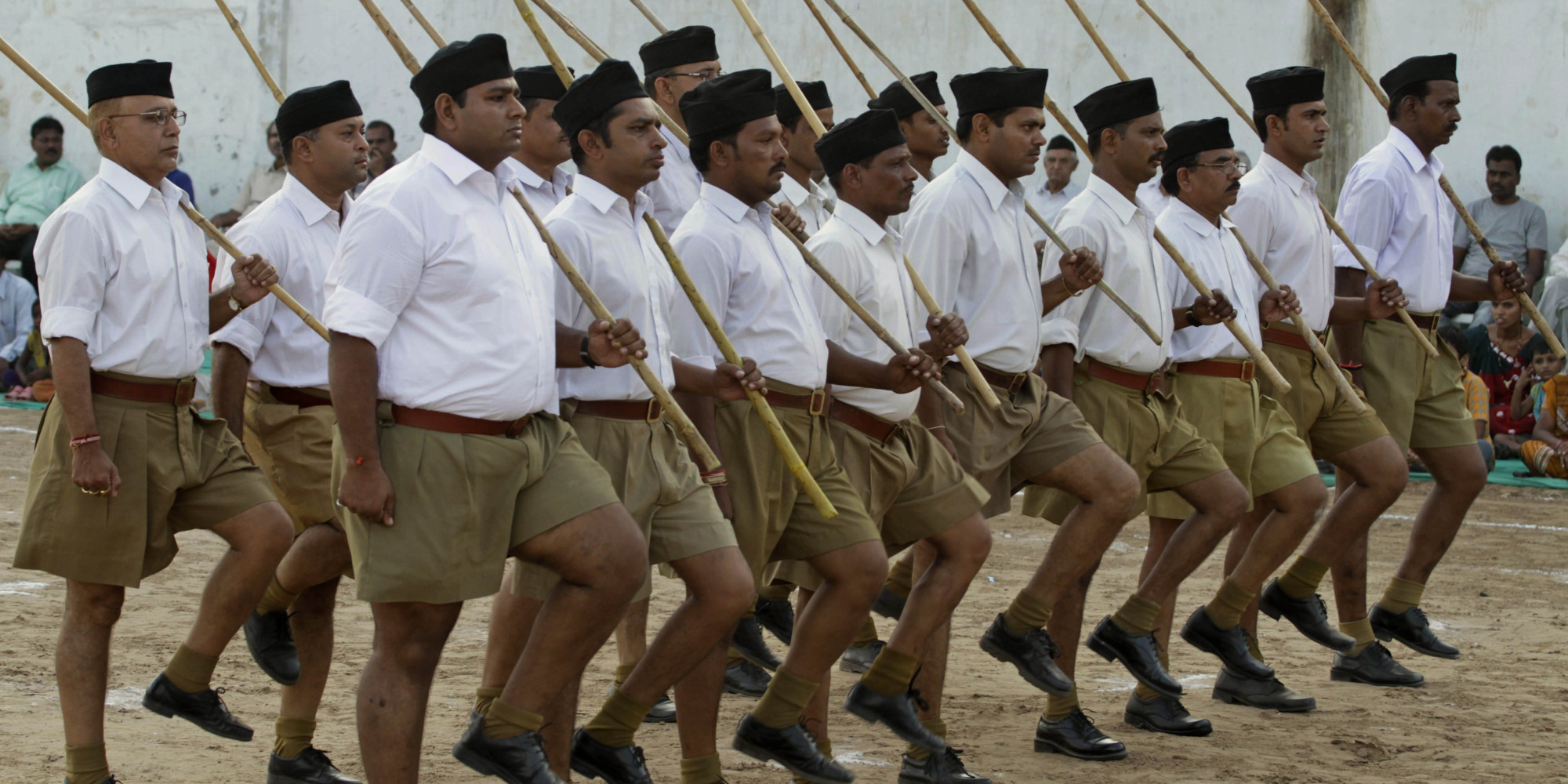
Golwalkar made it clear that in the RSS view, Hindu majoritarian identity politics is the only acceptable nationalism, and any politics of asserting an identity separate from the Hindu identity is ‘anti-national’ and ‘divisive.’ He wrote: “Let us remember that this oneness is ingrained in our blood from our very birth because we are all born as Hindus.” (Bunch of Thoughts, p. 255).
“The Hindu Rashtra concept was first formulated by Savarkar in 1923 in the essay titled “Hindutva”. It was officially adopted through a resolution by the Hindu Mahasabha in 1937. RSS’s two-nation theory resolution was contrived even before the Muslim League’s resolution of Lahore in 1939.”
Vinayak Damodar Savarkar in his book Hindutva defines ‘Hindutva’ (Rashtriya Swayem Sevak Sangh’s ideology) as ‘Hindus being a nation.
(Rashtra), bound by a common culture (Sanskrit), a common history, a common language, a common country and a common religion (Hindu dharma). All RSS recruits take Pratigya (oath): `for the all-round progress of Bharatvarsh (ancient name of India) by strengthening Hindutva.
Indian army is wedded to a keynote of Krishna’s strategy: `end justifies the means. The truth may often have to be sacrificed in pursuit of victory (Karma Parva)’. Brihaspati and Kautilya (Arthashastra) stress koota yuddha (no-holds-barred war or Maya yuddha (war by deception) against the non-Hindu.

Human rights violations have followed the current Indian Prime Minister Modi his entire political career since assuming power in 2014. He is a lifelong member of the Rashtriya Swayem Sevak Sangh (RSS).
Ghar Wapsi is a series of re-conversion activities, facilitated by Indian Hindu organisations Vishva Hindu Parishad (VHP), Rashtriya Swayamsevak Sangh (RSS) and Hindu Makkal Katchi, to facilitate conversion of Christians and Muslims to Hinduism and Sikhism. It became a subject of public discussion in 2014. The Bharatiya Janata Party’s Yogi Adityanath has claimed this campaign would continue unless conversions to other religions are banned altogether in the country.
The Vishva Hindu Parishad and the Rashtriya Swayamsevak Sangh organised several Ghar Wapsi events in Telangana, Andhra Pradesh, Kerala, and Goa.
Many Hindus in India, especially those affiliated with Hindutva-oriented organisations such as the BJP and RSS, are supportive of Ghar Wapsi efforts to counter what they perceive as mass conversions to Islam and Christianity and to a lesser extent Buddhism (neo-Buddhism), among Dalit Hindus in India. Some secular groups and political parties are critical of Ghar Wapsi, especially when it is done with the state’s support, as they say that it threatens freedom of religion in the country.
Kashmir Issue
Following the outbreak of the Indo-Pakistani War of 1947, India’s Governor General Mountbatten flew to Lahore On 1 November 1947 for a conference with Muhammad Ali Jinnah, proposing that, in all the princely States where the ruler did not accede to a Dominion corresponding to the majority population (which would have included Junagadh, Hyderabad as well Kashmir), the accession should be decided by an `impartial reference to the will of the people’. Jinnah rejected the offer. The Prime Ministers Jawaharlal Nehru and Liaquat Ali Khan met again in December, where Nehru informed Khan of India’s intention to refer the dispute to the United Nations under article 35 of the UN Charter, which allows the member states to bring to the Security Council attention situations `likely to endanger the maintenance of international peace’.
India sought resolution of the issue at the UN Security Council on 1 January 1948. Following the set-up of the United Nations Commission for India and Pakistan (UNCIP), the UN Security Council passed Resolution 47 on 21 April 1948. The measure imposed an immediate cease-fire and called on the Government of Pakistan ‘to secure the withdrawal from the state of Jammu and Kashmir of tribesmen and Pakistani nationals not normally resident therein who have entered the state for the purpose of fighting.’ It also asked Government of India to reduce its forces to minimum strength, after which the circumstances for holding a plebiscite should be put into effect ‘on the question of Accession of the state to India or Pakistan.’ However, it was not until 1 January 1949 that the ceasefire could be put into effect, signed by General Gracey on behalf of Pakistan and General Roy Bucher on behalf of India.

A UN commission called for the withdrawal of both countries’ troops in August 1948. The United Nations brokered a cease-fire in 1949, and a five-member commission made up of Argentina, Belgium, Columbia, Czechoslovakia and the United States drew up a resolution calling for a referendum to decide Kashmir’s future.
In conflict zones worldwide sexual violence has become a tactic of choice – it’s cheaper, more destructive and easier to get away with than other methods of warfare.
Saira Bano, a resident of Bijbehara 40 kms South of Kashmir, is a case in point. Bano was tragically raped by a group of soldiers in her village only six days after her marriage. After the incident her husband refused to accept her back in their home at first. A year later after Saira returned home she claimed to being treated poorly by her husband and beaten often.

“Women in Kashmir do not report rape due to the fear of reprisals,” says Khurram Pervez, Coordinator of the Jammu and Kashmir Coalition of Civil Services, an independent rights group operating in JK. “They lack faith in the existing institutions of justice and due to the social stigma,” he added.
One of the most infamous Kashmir cases of violence against women under conflict situations, documented by UNHCR RefWorld through Asia Watch, included excerpts from the 1991 report, “Kashmir Under Seige.” The report outlines the extreme conditions of hardship and corruption that occurred from the beginning of 1990 in crimes against humanity that included 200 documented cases of extrajudicial executions of civilians and militants by suspected paramilitary in the region.
As paramilitary forces rounded-up and removed men for interrogation from their homes in the village of Kunan Pospora in Dupwar district 60 kms north of Kashmir, soldiers from the 4th Rajputana Rifles division allegedly asked mothers, wives, aunts, daughters and children to stay in their homes. During the military operation, sexual violence and gang rape against what villagers claimed was 100 women, one as old as 80 years old, were reported.

Other extreme cases of rape violence in 2009, known as the Shopian case, brought corruption and destruction of evidence to the case as a crimes forensic lab and security officers, including a district police chief and three other police officers, were suspended for obstructing justice and falsifying details in the case.
Armed Forces Special Powers Act (AFSPA), 1958 is an act of the Parliament of India that grant special powers to the Indian Armed Forces the power to maintain public order in “disturbed areas”. According to The Disturbed Areas (Special Courts) Act, 1976 once declared ‘disturbed’, the area has to maintain status quo for a minimum of 3 months.
The Acts have received criticism from several sections for alleged concerns about human rights violations in the regions of its enforcement alleged to have happened.

When India presented its second periodic report to the United Nations Human Rights Committee in 1991, members of the UNHRC asked numerous questions about the validity of the AFSPA. They questioned the constitutionality of the AFSPA under Indian law and asked how it could be justified in light of Article 4 of the International Covenant on Civil and Political Rights, ICCPR. On 23 March 2009, UN Commissioner for Human Rights Navanethem Pillay asked India to repeal the AFSPA. She termed the law as “dated and colonial-era law that breach contemporary international human rights standards.”
On 31 March 2012, the UN asked India to revoke AFSPA saying it had no place in Indian democracy. Christof Heyns, UN’s Special Rapporteur on extrajudicial, summary or arbitrary executions said “During my visit to Kashmir, AFSPA was described to me as ‘hated’ and ‘draconian’. It clearly violates International Law. A number of UN treaty bodies have pronounced it to be in violation of International Law as well.”
The Act has been criticized by Human Rights Watch as a “tool of state abuse, oppression, and discrimination”.
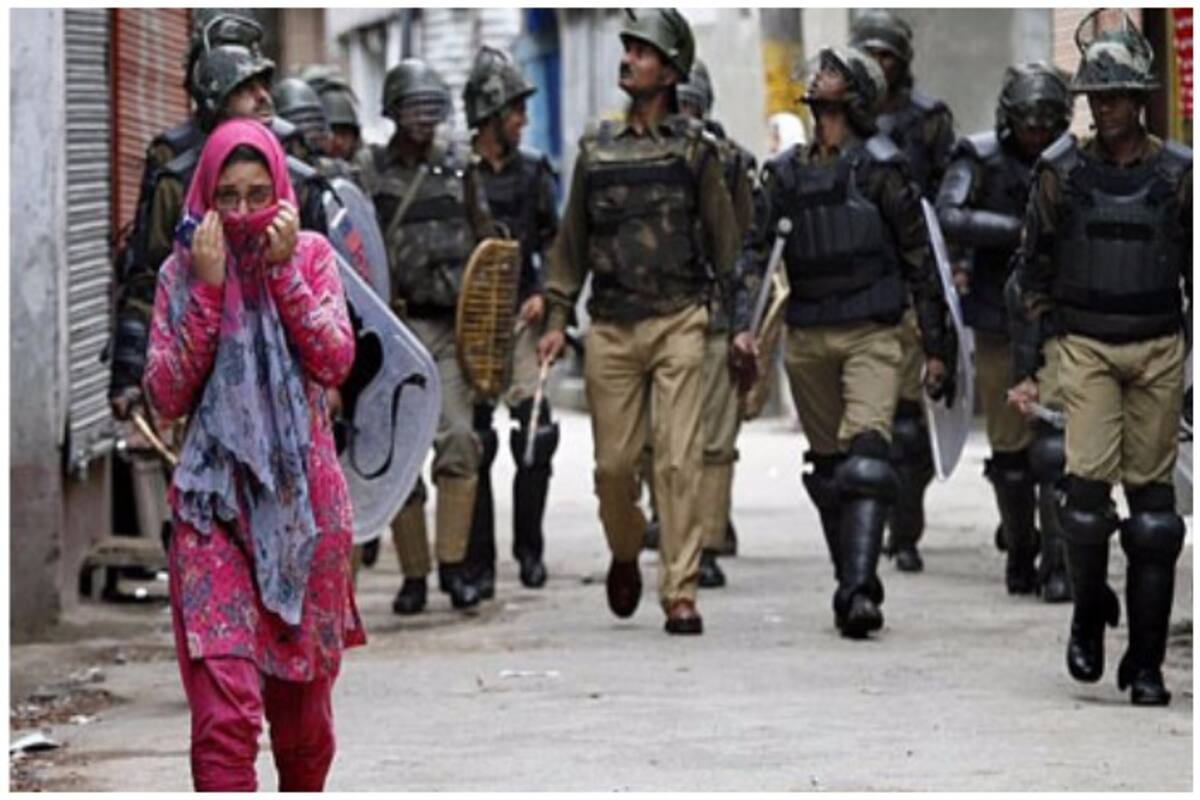
The South Asian Human Rights Documentation Centre argues that the governments’ call for increased force is part of the problem.
“This reasoning exemplifies the vicious cycle which has been instituted in the North East due to the AFSPA. The use of the AFSPA pushes the demand for more autonomy, giving the people of the North East more reason to want to secede from a state which enacts such powers and the agitation which ensues continues to justify the use of the AFSPA from the point of view of the Indian Government.” – The South Asian Human Rights Documentation Centre
Many human rights organizations such as Amnesty International and the Human Rights Watch (HRW) have condemned human rights abuses in Kashmir by police such as “extra-judicial executions”, “disappearances”, and torture; the “Armed Forces Special Powers Act”, which “provides impunity for human rights abuses and fuels cycles of violence. The Armed Forces Special Powers Act (AFSPA) grants the military wide powers of arrest, the right to shoot to kill, and to occupy or destroy property in counterinsurgency operations. Indian officials claim that troops need such powers because the army is only deployed when national security is at serious risk from armed combatants. Such circumstances, they say, call for extraordinary measures.” Human rights organizations have also asked Indian government to repeal the Public Safety Act, since “a detainee may be held in administrative detention for a maximum of two years without a court order.”
Earlier leaks had also stated that International Committee of the Red Cross (ICRC) had reported to the United States diplomats in Delhi about the “grave human rights situation” in Kashmir which included “the use of electrocution, beatings and sexual humiliation against hundreds of detainees”.
CAA-NRC and Farmer’s protest
The year 2019 ended with massive protests against the CAA-NRC and the subsequent crackdown on these protests which were being waged The CAA amends the Indian citizenship to illegal migrants who are Hindu, Sikh, Jain, Parsi, Buddhist, and Christian from Afghanistan, Bangladesh and Pakistan, and who entered India before 2014 following the religious persecutions. The bill does not mention Muslims and other communities who fled from the same or other neighbouring countries. Refugees from Sri Lankan Tamils in India, Rohingyas from Myanmar, and Tibetan refugees are not mentioned in the bill. The proposed National Register of Citizens (NRC) will be an official record of all legal citizens of India. Individuals would need to provide a prescribed set of documents before a specified cutoff date to be included in it. The demonstrations carried well into 2020, culminating in violent communal riots in Delhi and attacks against individuals and groups critical of the government.
The most prominent peaceful gatherings that were disrupted often were the Jamia, JNU and Shaheen Bagh protests. Jamia Millia Islamia saw massive crackdowns against its students. The women sitting in Shaheen Bagh were constantly vilified on mainstream and social media. And it came as no surprise when two separate incidents of a lone gunman firing shots at these protest sites came to light.
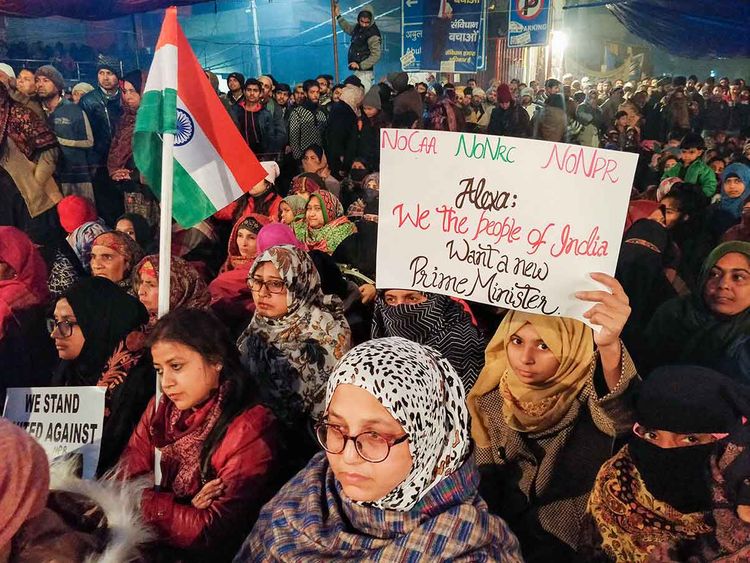
The protests resulted in thousands of arrests and 27 deaths as of 27 December 2019. Two 17-year-old minors were among those reported to have been killed due to police firing during a live ammunition on protesters in Assam. On 19 December, the police issued a complete ban on protests in several parts of India. As a result of defying the ban, thousands of protesters were detained.
The anti-CAA-NRC and farmer’s protests have a lot in common, including the Centre’s rhetoric. The protesters have been called anti-nationals, terrorists, Maoists, Pakistanis, Khalistanis, etc. In both instances, the Centre also claimed that the protests were “politically motivated” and were infiltrated by “outside forces”. The ruling class and their supporters have tried their damnedest to delegitimise these movements.
The difference lies in the apparent success with which the farmers have sustained their agitation. They have been successful because they planned and organised beforehand. They have a definitive action plan for every obstacle that is thrown at them. They have shown unity and have stayed together in large numbers to counter any opposition.
Another reason they’ve been successful is because of the massive public support they’ve been getting. The government did use force against the farmers, but the massive outpouring of support might have disrupted the Centre’s actions and forced them to reevaluate their next steps. The farmers have continued to protest at the borders peacefully and have vowed to do so until the farm bills are revoked.
The pillars of Indian democracy — legislative, executive, judiciary and media — have indiscriminately been used to suppress dissent against the status quo. With the BJPs rise to power, most of the Constitutions principles have been diluted. Their leaders openly call for socialism and secularism to be scrapped from the Constitution.

Whether the Congress or BJP, the government at the Centre works against the interests of 90% of the population. These protests are a testament to the growing frustration within the country. Thus, class consciousness is important for further such movements to be successful.
26 January marks the Constitution’s inception, but the ideals of justice, equality, and liberty that the ruling class is about to celebrate do not exist in India’s reality.





